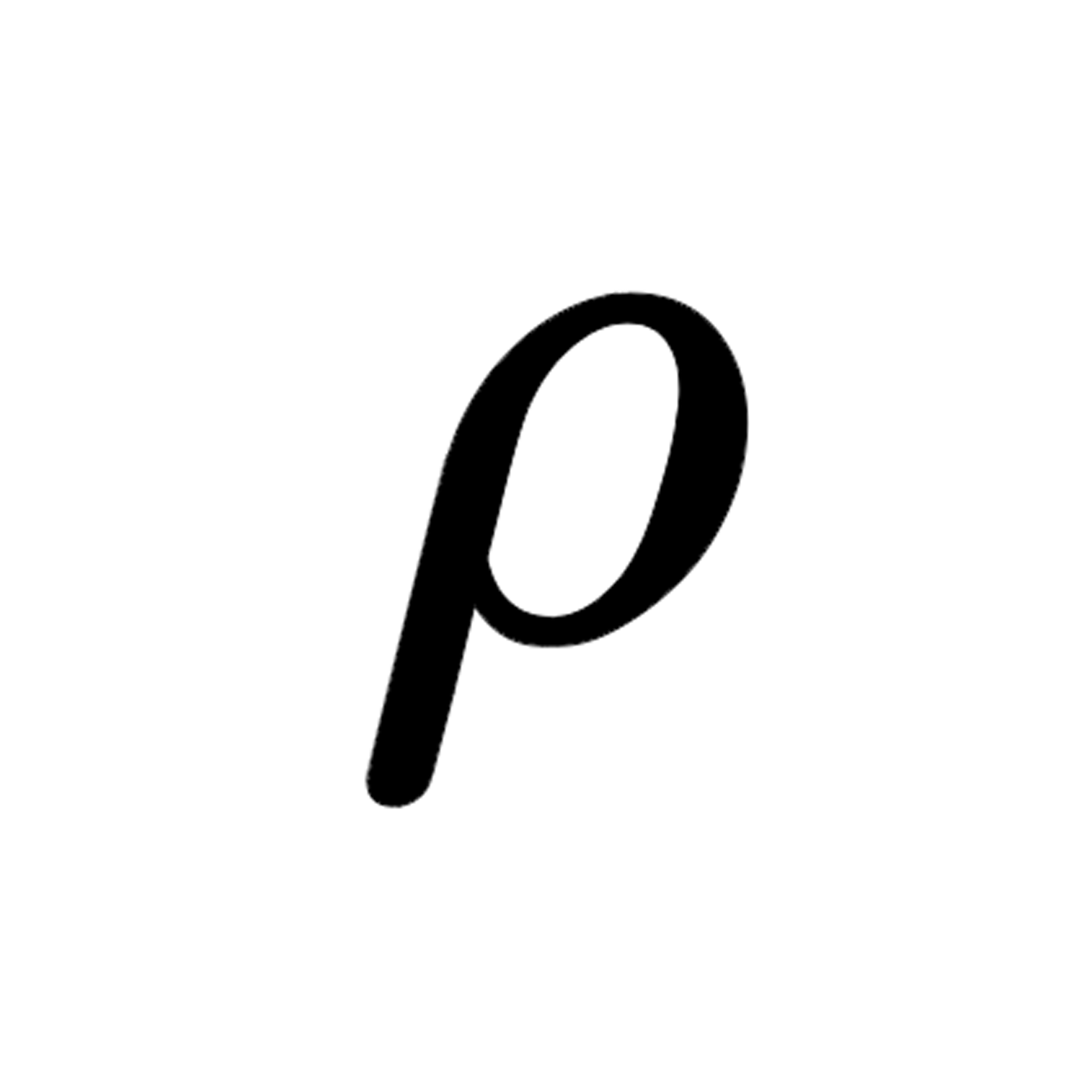My Reasons for Using Anki
What things do I learn with Anki?
Introduction
In some circles, having an Anki habit seems to hold similar weight to clichés like "you should meditate", "you should eat healthy", or "you should work out". There's a sense that "doing Anki is good", despite most people in the circles not actually using memory systems.
I've been using my memory system, Anki, daily for two or more years now. Here are the high-level reasons I use memory systems. I don't think memory systems are a cure-all; on occasion, I doubt their value. However, Anki provides enough benefit for me to spend 1h/day reviewing flashcards. This blog post explains my reasons for spending >100 hours using Anki this past college semester. This blog post will provide insight for both people with a memory system practice and those who are considering one.
My reasons for using Anki
Learn things quickly and effectively
Above all, my use of Anki doesn't fit into neat learning projects. The most meaningful and interesting Anki cards have come from spontaneous cards guided by my natural curiosity and learn drive.
Having an Anki habit is like being able to drive. Reviewing cards every day isn’t always useful. However, sometimes you really need to learn something. Just like sometimes you need to drive somewhere. Just like knowing how to drive is useful when you need to drive somewhere, having an Anki habit is useful when you need to learn something.
Examples of meaningful flashcards that don’t fit into formal learning projects include: months of the year; basic React concepts; an important foreign person's name; when daylight saving time is; meaningful personal memories; the basics of equity compensation; a map of world history.
I think the largest marginal benefit of Anki comes from being able to learn random things quickly and remember them for as long as I like. However, to enable this benefit of Anki for learning things quickly, I need to have a consistent time spent reviewing. My more formal reasons for using Anki, discussed below, support the existence of my daily review time. They are also intrinsically useful in their own ways.
Study for classes
As of writing this, I'm a junior studying computer science. The instrumental use case I have for Anki is as follows:
- Having a high GPA on my resume signals to employers that I'm conscientious and, at one point, I knew something about computer science.
- In order to get a high GPA, I need to know enough to do good on exams and homework assignments.
Anki is often not optimal for getting good grades, though. If you're optimizing 100% for getting good grades at the expense of other goals, like remembering what you learn, you'd probably be better off cramming for exams. Anki can be helpful for cramming, though it depends on what you're studying. The two of my classes with the most difficult exams were problem-solving classes (Data Structures and Algorithms and Theoretical Computer Science). If I wanted to optimally cram for exams, Anki wouldn't be that useful. I would say that just problem-solving would be the way to go.
That said, I've still been using Anki for these classes. Why is this?
- It's risky to bet completely on cramming for an exam.
- Maybe to my downfall, I want to remember what I'm learning in school.
Remember stuff I learn in classes
I want to remember what I learn in school. Why? If I were to take the Caplan-maximalist perspective, knowledge in school is useless. School is just a costly test of compliance and conscientiousness, after all.
Will the knowledge I’m learning in my classes be useful to me in the real world? This is a difficult question to tackle. The answer depends on the class. The answer also depends on what I’ll end up doing in the real world. My computer science curriculum is a mix of theory and coding. I lean towards thinking the coding knowledge will be more useful than the theoretical knowledge. I sometimes feel pessimistic and speculate that most of the knowledge will not be useful for me after college.
There are also further arguments that memory is not particularly useful. Paul Graham, in his blog post “How You Know”, speculates that the benefit of reading comes from the act of reading itself, rather than remembering what you read: “Reading and experience train your model of the world. And even if you forget the experience or what you read, its effect on your model of the world persists. Your mind is like a compiled program; you've lost the source of. It works, but you don't know why.”
Remember the media I consume
I listen to books and podcasts during activities like working out, meal prepping, eating lunch, or getting ready. I let this media consumption be driven by natural curiosity and learn drive, and mostly think of the consumption as entertainment. In haphazard free time, I create flashcards from memorable parts of what I've read. I used to have a more deliberate workflow for this, though currently it's not in place.
Conclusion
As a college student, I spend 1-2 hours per day creating and reviewing flashcards. Writing out and examining my goals has helped me define whether or not carding is useful and why.
Also, if you're interested, I host a memory system email discussion list. If you’re interested in occasional discussion and video meetups and are experienced with Anki or another memory system, email me your stats, and I’ll consider adding you.
This essay may become part of a larger series where I answer other questions about my spaced repetition practice, like:
- How do I use Anki? (similar to this Michael Nielson essay)
- What card ontologies/formats do I use?
- How did I get started with Anki?
- How do I keep the habit of Anki?
If you’d be curious about these questions or others, please do let me know!
